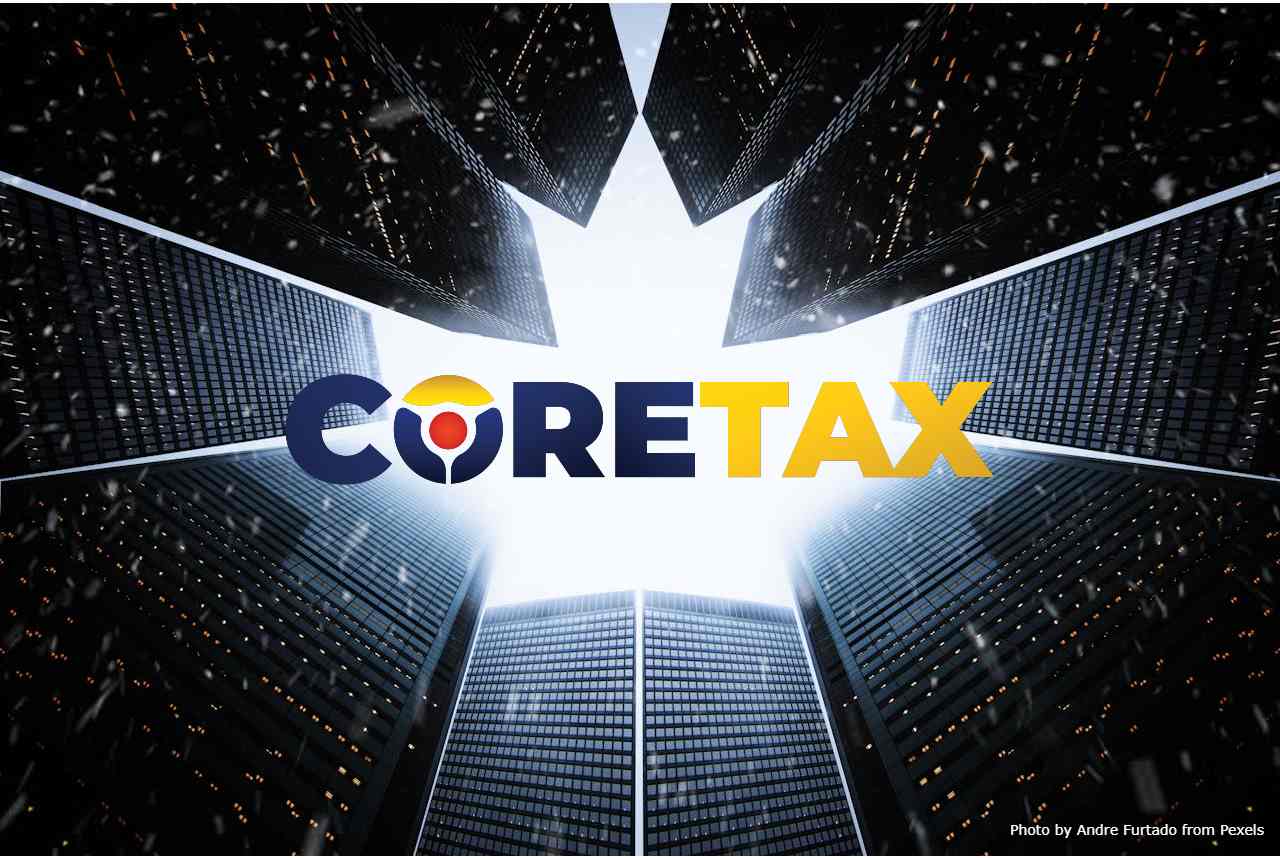Tax Disputes are disputes that arise in the field of taxation between Taxpayers or tax bearers and authorized officials as a result of the issuance of decisions that can be appealed or sued to the Tax Court based on tax laws and regulations, including lawsuits regarding the implementation of collection based on the Tax Collection Law with a distress warrant. The definition of a tax dispute is regulated in Article 1 of Law Number 14 of 2002 concerning the Tax Court. In general, tax disputes arise due to unequal perceptions or differences of opinion between taxpayers and the Directorate General of Taxes (tax authorities) regarding the determination of tax payable or collection.There are various legal remedies that taxpayers can take to handle tax disputes, namely objections, appeals, lawsuits and judicial review. To apply for this legal action, taxpayers must fulfill several requirements.Legal efforts to resolve disputes are not without risk. Apart from the shadow of administrative sanctions if you 'lose' a dispute, resolving tax disputes requires time and money. For this reason, it would be good if taxpayers and tax authorities could avoid tax disputes.There are many benefits to be gained from avoiding tax disputes, both for taxpayers and the tax authorities. The United Nations Handbook on The Avoidance and Resolution of Tax Dispute explains the benefits of avoiding tax disputes as follows:From a Taxpayer's perspective, an effective dispute avoidance mechanism will provide transparency, certainty and better understanding to Taxpayers regarding their rights and obligations under tax law. This will enable taxpayers to make the right decisions regarding their tax affairs.Avoiding tax disputes will also result in compliance cost savings. By avoiding tax disputes, taxpayers will avoid unnecessary costs and various delays resulting from continuing disputes into the litigation process.From the tax authorities' perspective, the development and implementation of effective dispute avoidance mechanisms will enable the tax authorities to direct their resources to taxpayers who are at higher risk. The dispute avoidance mechanism will provide transparency to Taxpayers. This will increase trust and confidence in the tax authorities and the integrity of the tax system. Ultimately, voluntary compliance may increase.Furthermore, just like taxpayers, tax authorities can save costs and time related to disputes that proceed to litigation. Both taxpayers and tax authorities will also avoid uncertainty regarding the outcome of litigation.
Approaches to Avoiding Tax DisputesVarious approaches to avoid tax disputes are adopted by different countries. The United Nations Handbook on The Avoidance and Resolution of Tax Dispute summarizes at least 8 (eight) approaches to avoiding tax disputes.1. The first dispute avoidance approach is the provision of guidance and advice by the tax authorities (guidance and advice). This advice can be given directly to the Taxpayer or can be in the form of a publicly available explanation of how tax administration complies with applicable tax laws. This approach aims to ensure that taxpayers better understand and carry out tax administration according to the specific conditions of each taxpayer.2. The second dispute avoidance approach is advance agreements/pre filing agreements. In this approach, the tax authorities can approve or submit objections to the tax consequences of a transaction before tax reporting on the transaction is carried out.3. The next approach is Advance Pricing Arrangements (APAs). This approach uses a similar approach in determining transfer prices and the relationship between taxpayers and the tax authorities. APAs can be an effective tool to avoid disputes between tax authorities regarding transfer pricing.4. The fourth approach is "cooperative compliance" and "relationship managers". This approach allows taxpayers and tax authorities to discuss regularly or before a transaction occurs. Discussions are held to seek certainty about tax treatment so as to potentially prevent disputes from arising.5. The next dispute avoidance approach is voluntary cooperation between multinational corporate groups and the countries where they operate which provides an International Compliance Assurance Program (ICAP). ICAP is a voluntary program for the risk assessment and assurance process of multilateral cooperation. ICAP provides a multilateral approach which aims to provide early tax certainty for Multinational Enterprises (MNE) groups so as to prevent disputes from arising between MNE groups and the tax authorities.6. The sixth dispute avoidance approach is the joint audit process. In a joint audit, two or more countries join to form one team to carry out audits on taxpayers. A combined inspection process can result in faster resolution of issues, more efficient fact finding, and more effective compliance. Therefore, joint audits can provide tax certainty so that they are effective in preventing disputes between the tax authorities and taxpayers.7. The seventh dispute avoidance approach is an independent review of the audit position statement. This approach is a mechanism that attempts to resolve differences in views during the examination. This approach is an independent review procedure carried out during the inspection stage which functions as a mechanism to prevent and avoid disputes arising.8. The final dispute avoidance approach is mediation during the examination stage. Mediation seeks to bring together taxpayers and tax authorities with the aim of determining their respective positions and identifying potential solutions in reaching an agreement. The mediator can come from the tax authorities or be completely independent.
Reference:
[1] United Nations Handbook on The Avoidance and Resolution of Tax Dispute
tax-dispute
Article / 29 Dec 2023 /Risandy Meda Nurjanah
Avoiding Tax Disputes: Benefits and Approaches






